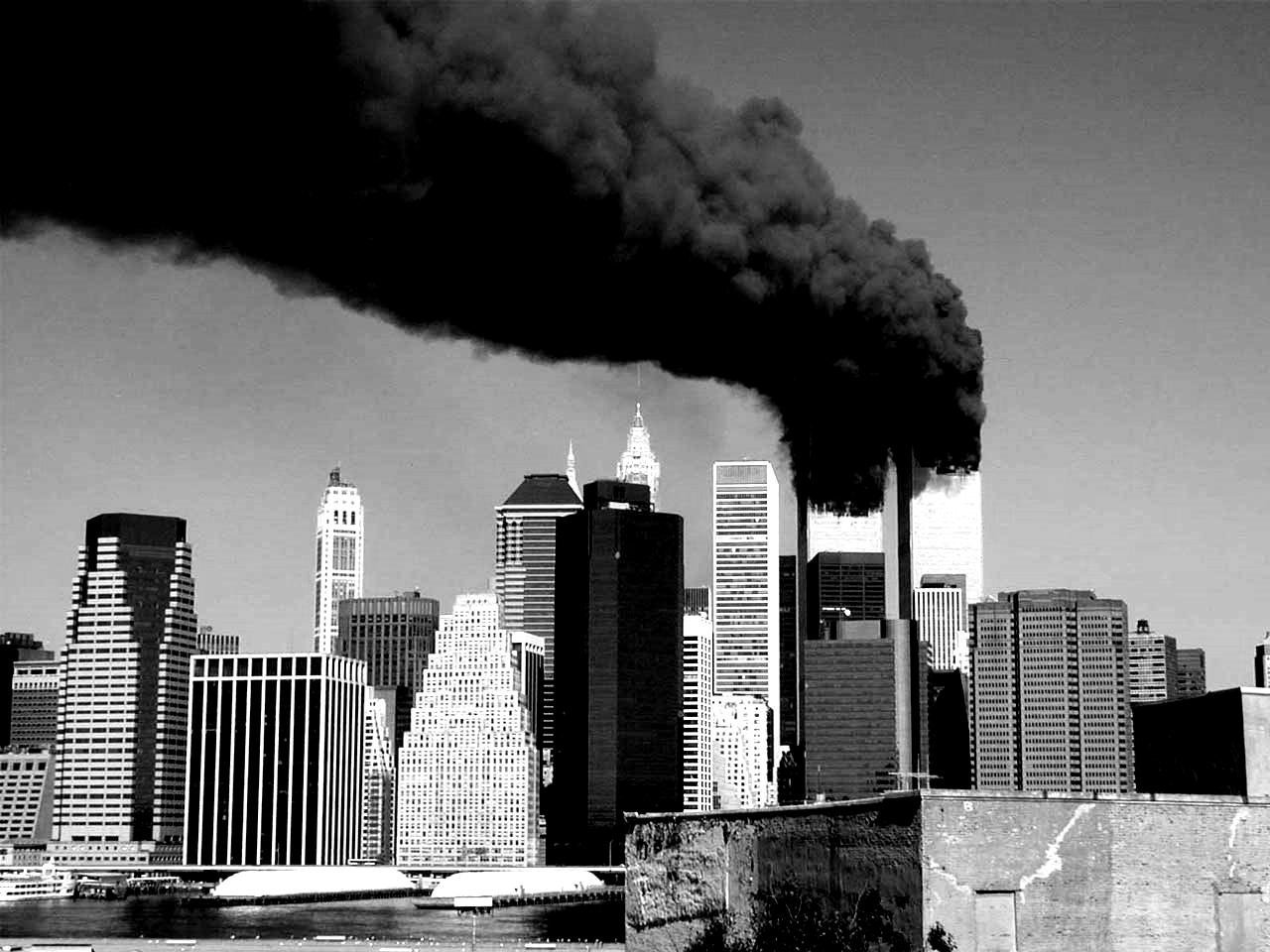A Brief Reflection on September 11th, 2001, From Someone Who Does Not Remember It
I, in fact, did not know about September 11th – did not fully grasp it – until I was a teenager. Perhaps I had been shielded from it, consciously or unconsciously, by my parents and grandparents. But the years following it affected me. I remember making a little newspaper at my paternal grandmother’s house, a fake red-top tabloid (my father used to read The Sun). I do not recall the headline I chose for my fictitious news story, but I drew a little tank and a figure in hooded clothes, and I wrote beneath it something to the effect of: “Reports are coming in that the Irakies [sic] are attacking us!”
Devastation on such a scale preceded September 11th 2001, of course. The Holocaust, for example, which has left wounds on the collective Jewish identity that are long yet to heal. Yet, 9/11 seems to be a different kind of spectre, haunting us unconsciously everywhere we go. There is nothing that has not been touched by that day’s dreadful tendrils. It is the measuring stick against which all 21st-century tragedy is measured; The Big One, the worst thing imaginable. Three thousand lives, the weight of every one, weighing on us – those few who saw the end of the twentieth century dream of everlasting liberal-democratic peace unfold before their eyes, but did not live to see the fallout of its implosion.
I am too young to remember the September 11th attacks, but I have felt its effects and aftershocks. I still do. We all do. We are a generation of chaos-children, those of us too young to remember 9/11 but too old to have completely escaped its immediate after effects. We do not remember what it was like before those days. We have only ever known chaos.
For the most part, seventeen years on, it feels in some ways that the world has moved on from that day. September 11th 2018 passed just as mundanely as September 11th 2000. September 11th was only ever supposed to be that. Another day in September. Another normal day.
Yet it is always overshadowed. It will be perhaps for another sixty or so years.
It is the day the world stopped making sense.
It is the day the future was cancelled.
